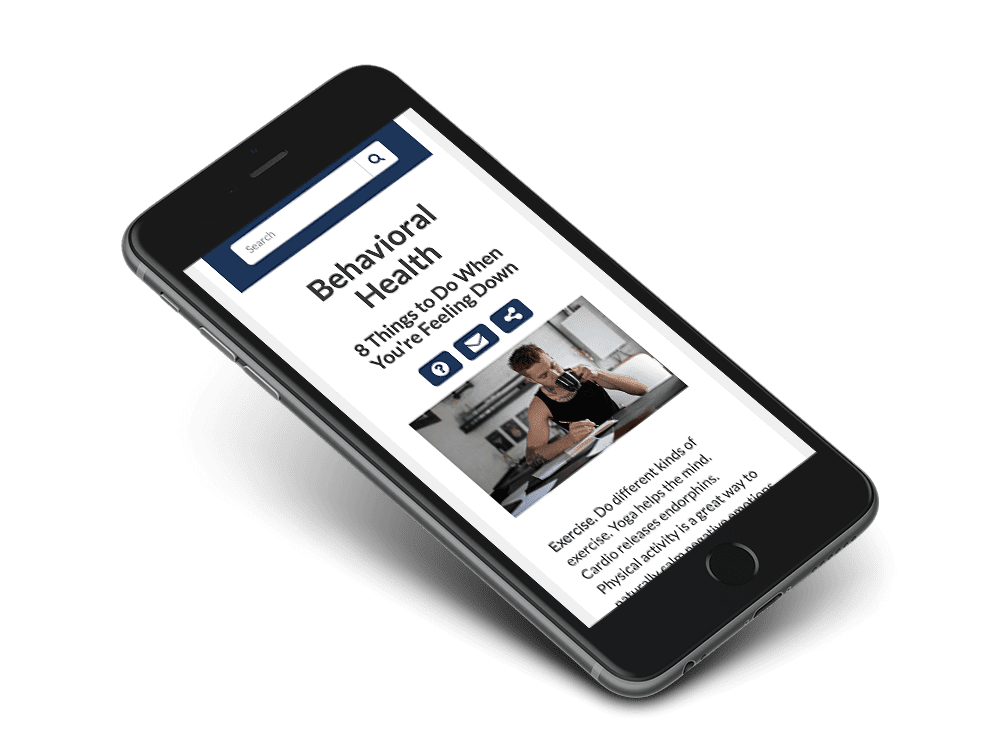
Digital Therapeutic Increases Success of Behavioral Health Treatment Programs
Rimrock, the largest treatment center for adults with substance use and co-occurring disorders in Montana, views addiction as a whole person illness, affecting an individual’s emotional, physical, spiritual, and social wellbeing.
GoMo Health collaborated with Rimrock to create and deliver Recovery Pathways, a personalized engagement solution for justice-involved participants from seven different treatment courts. The program’s success led to Rimrock adapting it for use in all outpatient substance use disorder and mental health treatment programs.
| CLIENT OVERVIEW | |
|---|---|
| Website | rimrock.org |
| GoMo Health Solutions | Personal Concierge™ Care Companion™ GoMo Music™ GoMo Chat™ |
Our Goals
For Members:
For Support Persons:

GoMo Health leveraged its proprietary emerging science, BehavioralRx, the science of precision health, to build the program and determine the engagement strategy, approach and content delivered.
The following behavioral and cognitive techniques were applied:
A Whole Person Approach to Addiction Treatment
Core to the program is the understanding that patients are first and foremost, human and takes into account circumstances and lifestyle outside of the treatment setting. Participants receive a regular cadence of personalized content, care communications, surveys, and bi-directional chat to motivate and inspire them along their treatment journey and deliver what they need, in the moment they need it. To extend the impact, the program continues even after completion of treatment, providing ongoing support for up to a year.
Content includes:
- Coping skills
- Shame resiliency
- Self-care/mindfulness
- Handling independence
- Preparing for court
- Music behavioral engagement
Research has continued to show the importance of strong support systems for addiction recovery. The Recovery Pathways program was built with additional content specific to support persons. Once enrolled, participants are also able to include a loved one/support person into the program to receive content specific to their role as caregiver.
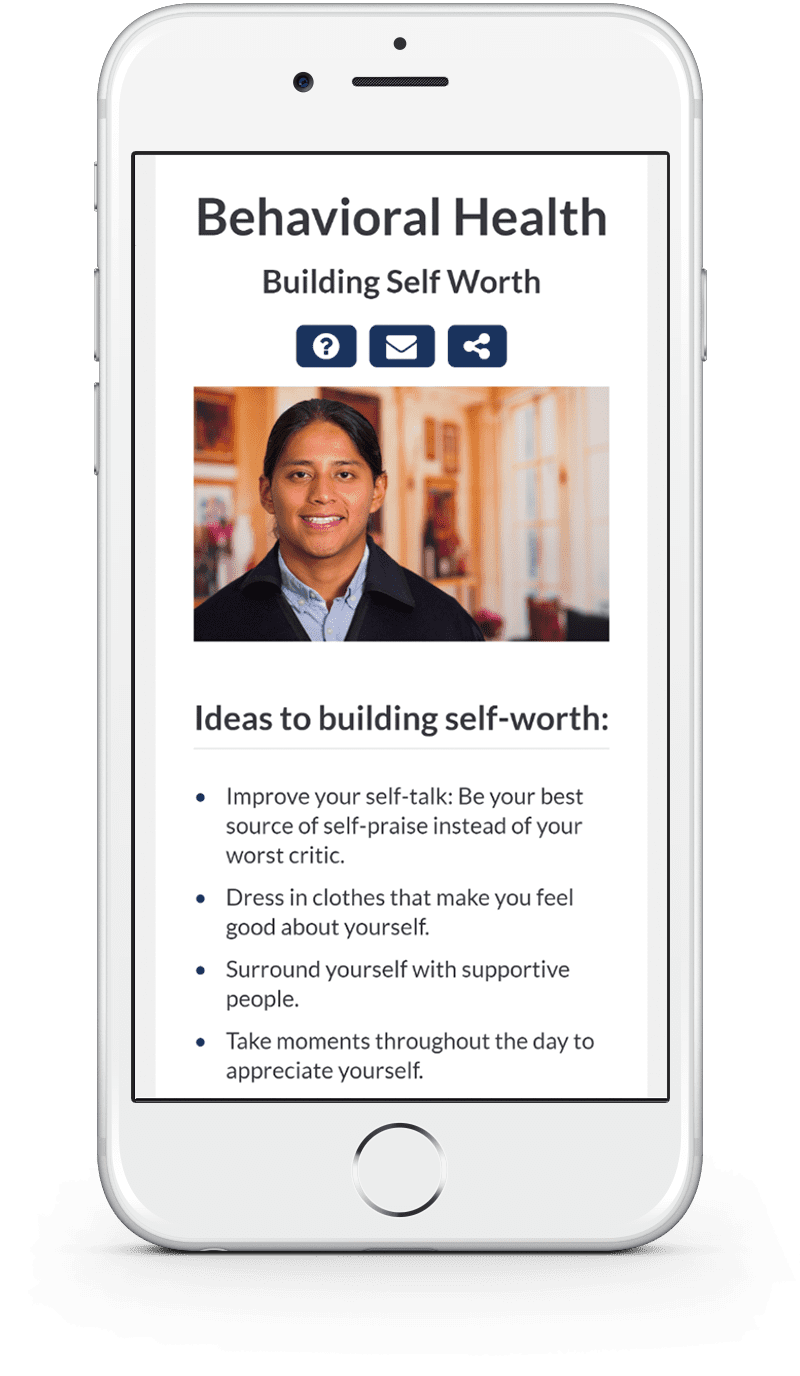
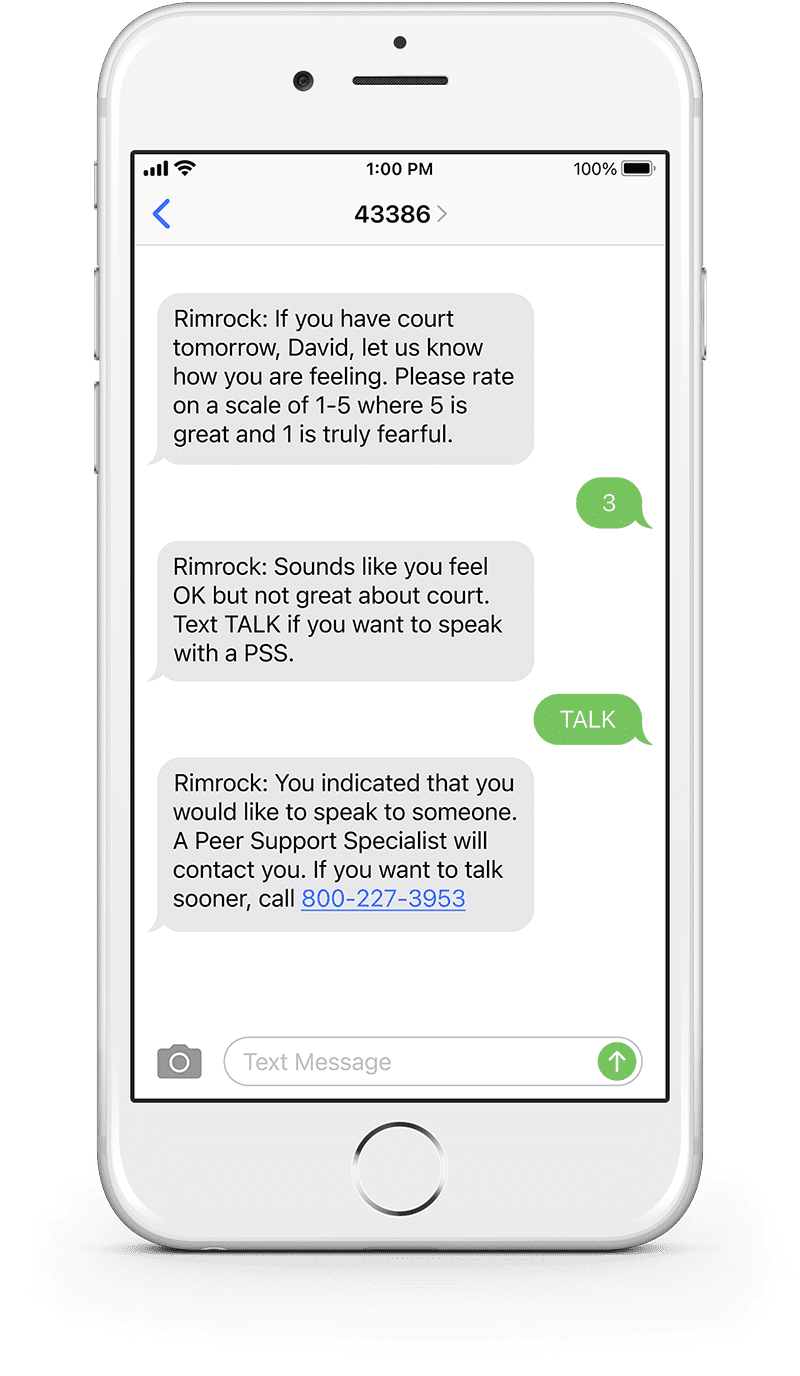
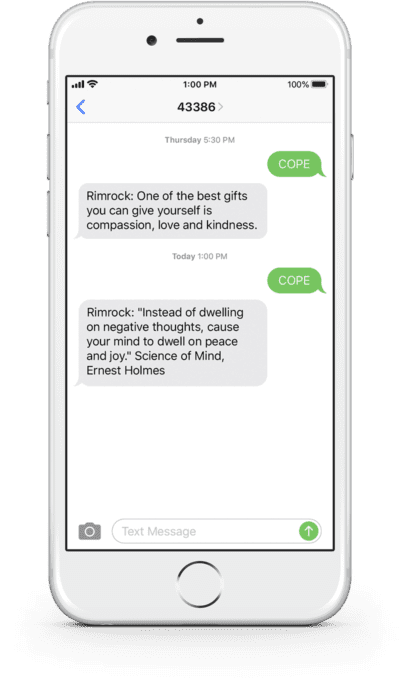
Content Customization and Personalization
Message tracks are customized by several characteristics of the participant or support person, including whether they are a parent and age of child(ren), where they are in their journey, and their type of treatment court.
Court Tracks
Seven treatment courts are supported:
- Co-occurring Court
- Family Recovery Court
- Felony DUI Court (STEER)
- ICWA Court
- Misdemeanor Court
- Pilot Court
- Veteran Court (CAMO)
In addition to the Care Communications, participants can reach out for help when and where they need it. All participants can text in any of the following keywords at any time to receive an in- the-moment message of support:
- COPE – Coping strategies and content related to thinking errors
- PEER – A story/video from other people who have shared similar experiences
- SMILE – A joke or uplifting content
- SUPPORT – Link to a resource guide that includes local resources for legal services, AA meetings, and more
- TALK – To request help from a Rimrock peer support specialist
- MUSIC – To help with hope and healing
- IDEA – To submit helpful tips or positive motivation to support others
Addressing Addiction Among Native Americans
While Native Americans account for only a small part of the U.S. population (about 1.7%), they experience much higher rates of substance use compared to other racial and/or ethnic groups. Factors that contribute to this increased risk include historical trauma, racism, lack of health insurance, poverty, and more.
- 25% of enrolled program participants are Native American
- 14% of all participants have expressed interest in Native American-specific content, 80% of whom are enrolled members of a tribe
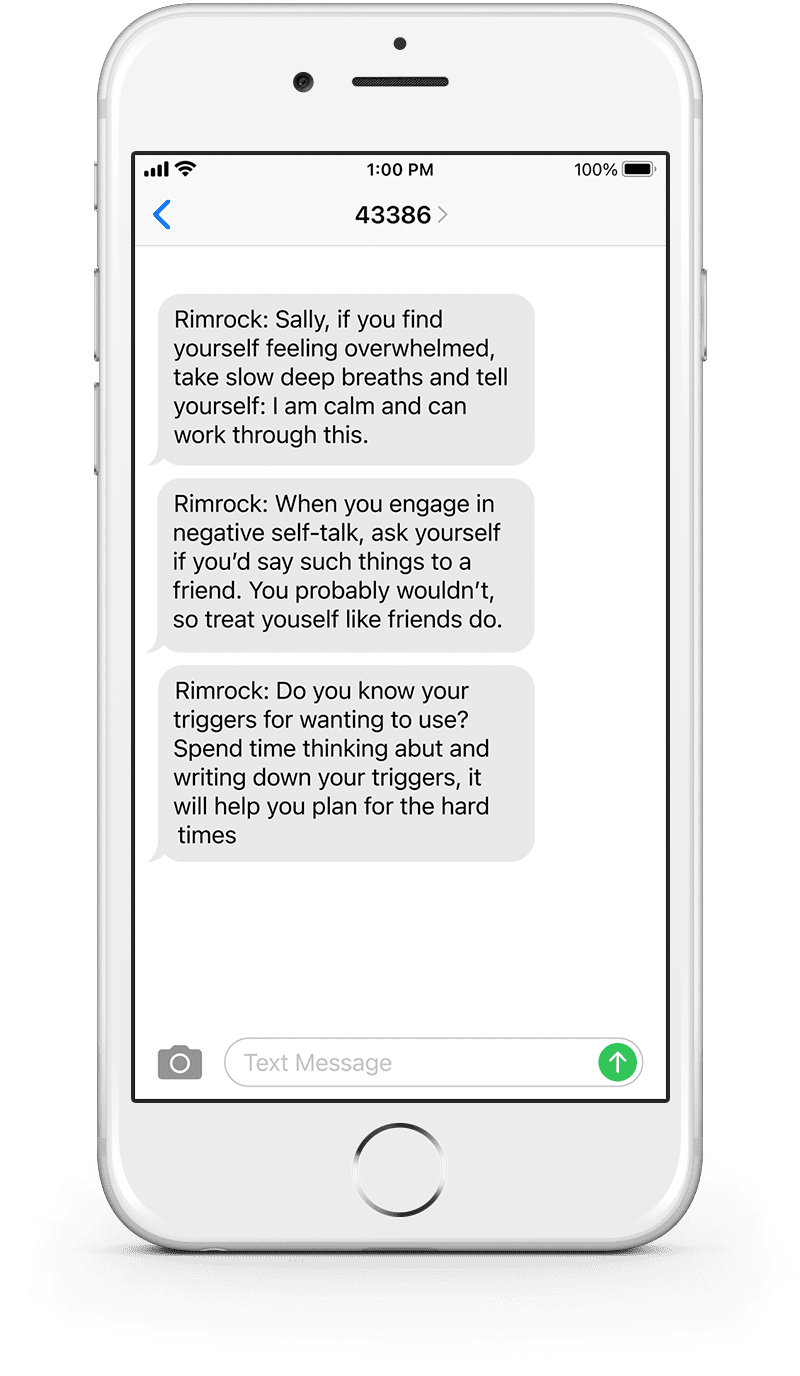
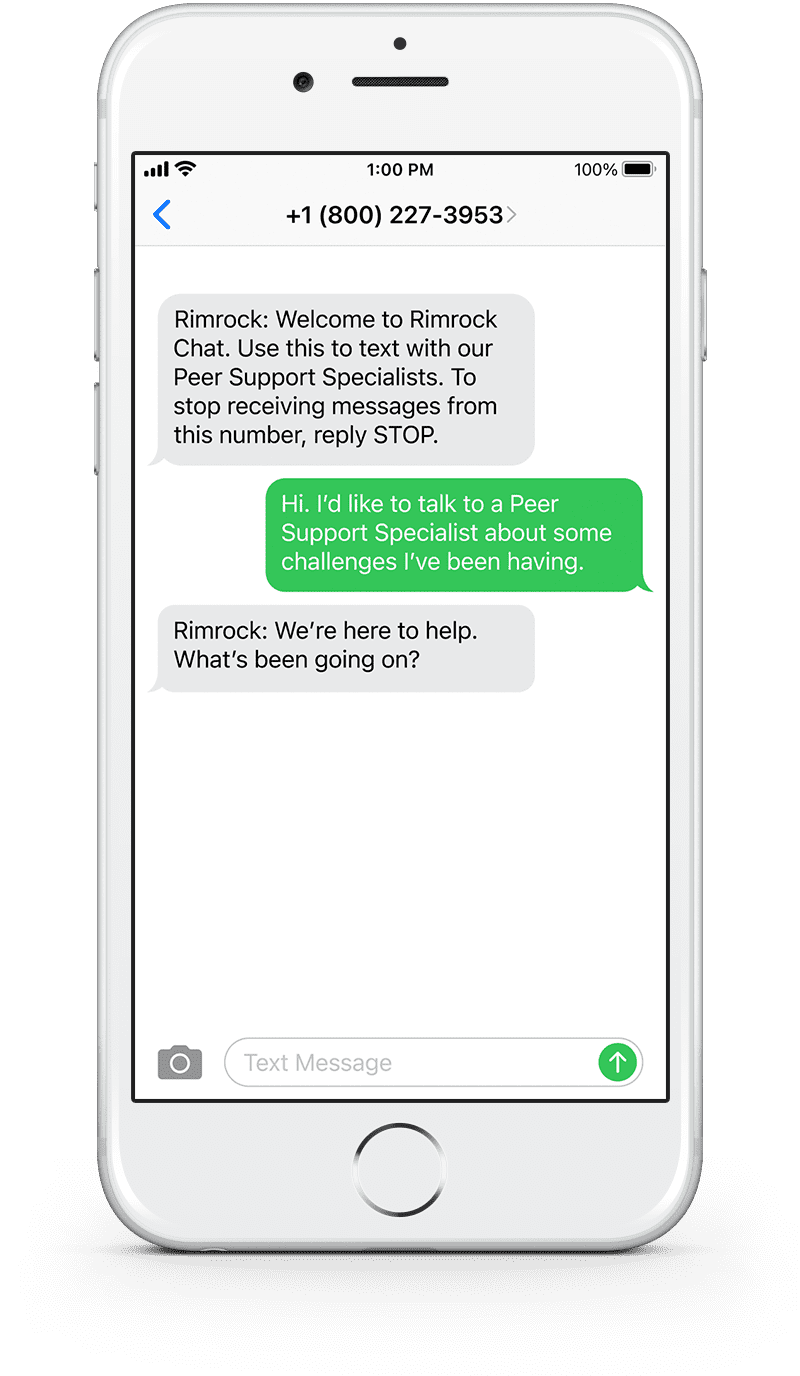
Key Program Results
Recovery Pathways Increases Participant Resilience:
- 91% retention rate
- 10% relapse rate (compared to national average of 40-60%)
- 48.6% increase (50.02% to 74.36%) in full time employment
- 0 re-arrests
- 6x improvement in safety of current living environment
- 12% improvement in self-esteem
- 72% improvement YoY in incomplete discharge status per medical record
- 89% program completion rate in 2021

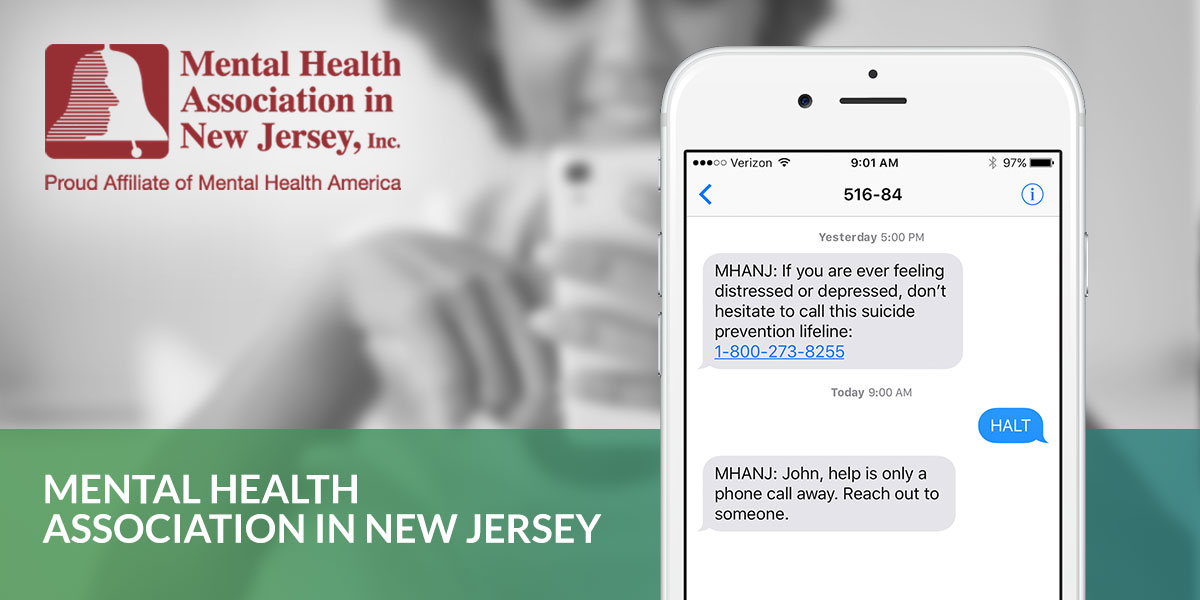
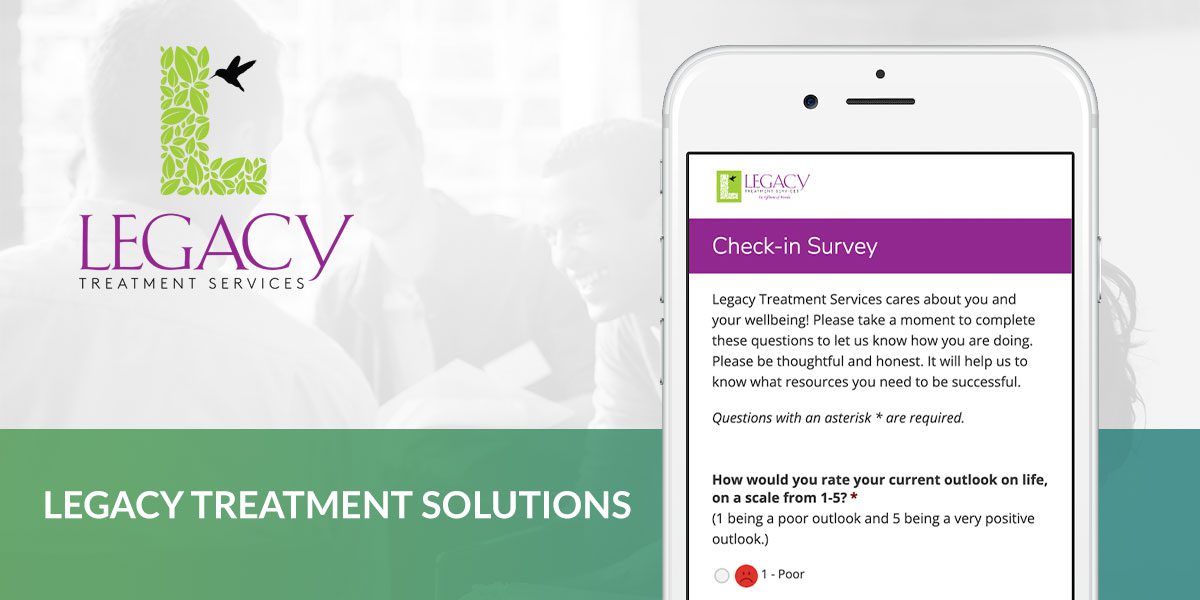
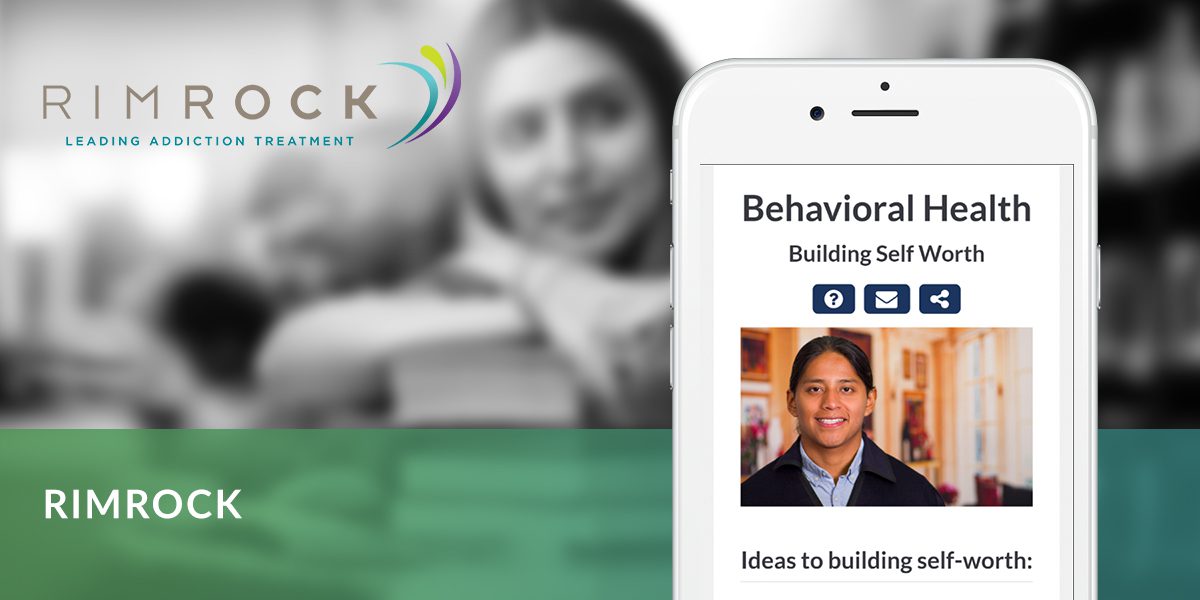


Find Us Online